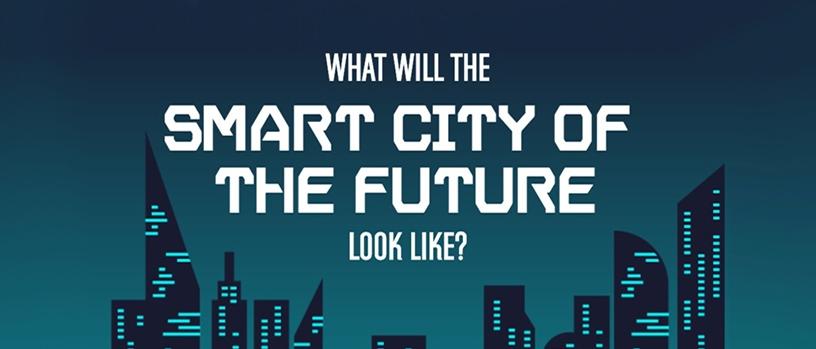
Spending on technologies that enable smart city initiatives in the Middle East and Africa (MEA) region is forecast to reach $1.26 billion this year, with the Internet of things (IOT) a key technology priority.
This is according to the International Data Corporation's (IDC's) Worldwide Semi-annual Smart Cities Spending Guide.
According to the report, smart city spending in MEA is expected to accelerate at a five-year compound annual growth rate of 18.6% over the 2016-2021 period, reaching $2.3 billion, as cities across the MEA region implement digital transformation initiatives within urban ecosystems to facilitate a broad range of environmental, financial and social outcomes.
The report notes that smart city investments in Africa are expected to focus mostly on areas such as smart government administration, intelligent transportation, smart utilities and smart health.
"Some of the major smart city use cases in Africa will focus on smart infrastructure for transportation, data-driven public safety, distribution automation for utilities and remote health monitoring. IT services will be the biggest technology area of investment, followed by hardware. Together, these technologies will account for nearly three-quarters of the spending in the MEA region," it states.
Mark Walker, associate VP for IDC Sub-Saharan Africa, explains: "SA was one of the first countries in Africa to start the smart cities journey with a focus on Cape Town and Johannesburg. Many other cities, such as Nairobi, Kigali, Addis Ababa and Accra, followed suit with pilot projects in sectors such as transportation, utilities, healthcare and government administration."
IOT, adds IDC, will be a key technology area of priority, where smart city spending in Africa will focus on devices such as communicating and computing device modules, communication hubs or controllers, sensors, and other wired or wirelessly connected devices. Collecting data at the end-point and turning it into actionable insights is a key aspect of enabling smart cities.
"The year 2017 could be considered as the coming-of-age year for smart cities in the region," says Jebin George, programme manager of IDC MEA. "The concept is being widely discussed and adopted in the MEA region, early success stories are starting to emerge, almost all greenfield developments are incorporating smart technologies by default, and nations are developing a common vision around the smart city concept. The MEA region is now getting into an exciting phase of the smart city journey, characterised by wider adoption and faster growth."
The United Nations predicts that by 2050, 70% of the world's population will be living in smart cities. By 2030, at least six of the world's megacities (a metropolitan area with a total population in excess of 10 million people) will be located in Africa.
The South African government has committed to making the country's cities smarter over the next few decades through the introduction of several initiatives, including free WiFi hotspots, deployment of smart meters, smart transport initiatives and implementing open-access fibre-optic networks for municipal services - in Tshwane, Johannesburg, Ekurhuleni, Western Cape and Durban.
Africa has a range of smart city initiatives taking place across the continent, from technology hubs like Ghana's Hope City, to business and residential areas, such as Johannesburg's Waterfall City and Lagos' Eko Atlantic. Konza City, in Kenya, 60km from the centre of Nairobi, is expected to become the African version of Silicon Valley.
Mark Burton, Schneider Electric spokesperson, says emerging markets, like those in Africa, have the opportunity to leapfrog now-redundant technologies in developed nations and create truly smart cites.
"While it can be assumed that considerably more developed countries across the world in Europe, America and Asia are more likely to become smart cities at a quicker rate than in Africa, this is not necessarily true.
"Many African cities are seen as ideal locations for smart city campaigns, as they are essentially being developed technologically in particular, from scratch. In other words, there are fewer complications. They are building the foundations, rather than undoing a load of work, which other major technological hubs in the world face on their path to becoming a smart city."
Share